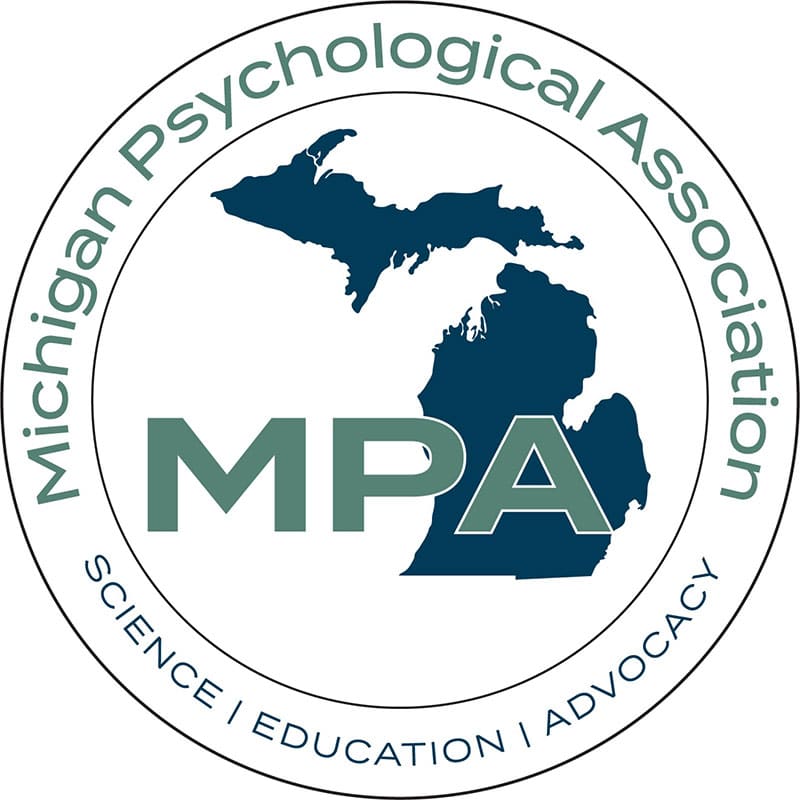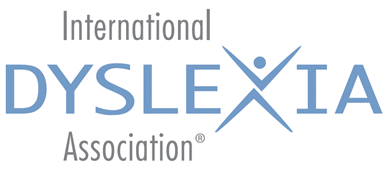Infant Mental Health Treatment in Ann Arbor, MI
At our practice, we understand that the earliest years of a child’s life lay the foundation for their emotional and mental well-being. If you’re noticing signs that your infant may be struggling, we are here to help. Our specialized Infant Mental Health Therapy provides early intervention for your child and support for your family, all within a confidential, evidence-based, and collaborative framework. Early therapy can have a profound impact on your child’s long-term emotional development, and we’re committed to providing comprehensive care to help them thrive.
Infant Mental Health Therapy at Ann Arbor Therapy & Testing is a safe, supportive space where we’re committed to providing comprehensive care to help you and your infant thrive.
Signs That Your Infant May Need Mental Health Support
Infants communicate through their behavior, and sometimes that communication can point to emotional or developmental challenges. Here are some signs that your infant might benefit from mental health support:
- Excessive Crying or Irritability: Frequent or intense crying beyond typical developmental stages.
- Difficulty Bonding: Struggling to form attachment or connection with caregivers or family members.
- Sleep Disturbances: Persistent difficulty falling asleep, staying asleep, or waking up frequently in distress.
- Eating Issues: Problems with feeding, such as refusal to breastfeed or bottle-feed, or unusual eating patterns.
- Excessive Clinginess or Fearfulness: Signs of anxiety, such as fear of separation, refusal to be held by others, or distress in unfamiliar environments.
- Delayed Developmental Milestones: Delays in motor, social, or language development, or difficulties in interacting with others.
- Trouble Self-Soothing: Difficulty calming down on their own or being unable to regulate their emotions after a stressful event.
Take the first step towards understanding by scheduling a consultation with us today by calling (734) 388-4440. more about our services, our skilled clinicians, or to make an appointment.

Start Your Journey Here
Offering In-Person and Teletherapy Options For You or a Loved One

How Infant Mental Health Therapy Helps
Infant Mental Health Therapy is designed to support your child during the critical early stages of development. Here’s how therapy can help:
- Strengthening Attachment: Therapy helps foster a healthy parent-child relationship, focusing on bonding and emotional connection. This secure attachment is key to emotional resilience in later life.
- Managing Emotional Regulation: Infants often experience strong emotions they can’t express verbally. Therapy provides tools for managing distress and regulating emotions through play-based activities, guided interactions, and parent-child engagement.
- Enhancing Developmental Milestones: Our therapists work closely with parents to promote developmental progress, guiding through play and responsive interactions that encourage social, emotional, and cognitive skills.
- Supporting Parent Well-Being: We help parents navigate their own emotional responses to their child’s challenges. Parenting can be stressful, and we provide strategies to support both the parent and child during difficult times.
- Promoting Healthy Family Dynamics: Our therapy includes guidance on creating a healthy family environment that nurtures emotional well-being. Strengthening the entire family unit can help improve your infant’s mental health.
Experienced and Highly Qualified Psychotherapy and Psychological Testing Services







How Infant Mental Health Therapy Works
At our clinic, Infant Mental Health Therapy is personalized to meet the unique needs of both the infant and their caregivers. Here’s what you can expect:
- Comprehensive Support: Therapy may include regular check-ins to assess progress and adjust the treatment plan as needed. Our approach is flexible and comprehensive to meet the evolving needs of your child.
- Initial Assessment: We begin with a comprehensive assessment to understand your infant’s needs, challenges, and milestones. We consider both your child’s development and the family dynamic to develop a tailored plan.
- Evidence-Based Techniques: We use well-established approaches like dyadic therapy, which focuses on the parent-child relationship, attachment-based therapy, and developmental play therapy. These techniques help improve emotional regulation and attachment while supporting healthy development.
- Collaborative Treatment: Our therapists work closely with parents and caregivers. The therapy is not just for the infant—it’s a collaborative effort. We offer guidance, tools, and support to parents, empowering them to create a nurturing environment at home.
- Confidentiality: All sessions are confidential. We ensure a private and supportive space for parents and infants, where open communication is encouraged and respected.
Our Treatment Values
Our Infant Mental Health Therapy aligns with the core values that guide every aspect of our practice. Here’s how these values play a vital role in our therapy approach:
- Empathy: We approach every family with understanding and compassion. By listening deeply to both parents and infants, we ensure the emotional needs of both are met and respected in every step of the therapeutic process.
- Self-Awareness: Through therapy, parents and caregivers gain awareness of their own emotional responses and parenting styles, helping them better understand their child’s needs. This self-awareness fosters a stronger, more attuned relationship with their infant.
- Resiliency: Infant Mental Health Therapy helps parents develop resilience as they face the challenges of caregiving. The support we provide helps families manage stress and build coping skills, fostering emotional strength for both the child and their caregivers.
- Positive Mindset: Our therapists guide families to approach their child’s mental health with hope and optimism. By focusing on the strengths of both the infant and the family, we help you develop a positive outlook and a belief in your ability to support your child’s growth.
- Improved Self-Esteem: Working with families to strengthen the parent-child bond directly impacts the child’s self-esteem. As your child feels more secure and supported, they develop a healthier self-image. In turn, parents also experience an improved sense of their own capabilities as caregivers.
Take the First Step Toward Supporting Your Infant’s Mental Health
Your child’s emotional well-being matters. Early intervention and therapy can set your infant on a path toward emotional stability and resilience. If you’ve noticed signs of distress in your child, or if you just want to be proactive about their mental health, reach out to us today to schedule an assessment.
Call (734) 388-4440 to schedule Infant Mental Health Treatment and learn more about other therapy service offered at Ann Arbor Therapy & Testing.
Take the First Step Toward Supporting Your Infant’s Mental Health
Your child’s emotional well-being matters. Early intervention and therapy can set your infant on a path toward emotional stability and resilience. If you’ve noticed signs of distress in your child, or if you just want to be proactive about their mental health, reach out to us today to schedule an assessment.
Contact us now to learn more and schedule your appointment. Let’s work together to nurture your child’s mental health from the start.
Additional Services Offered at Ann Arbor Therapy & Testing:
- Workaholic Therapy
- Anger Management Therapy
- Anxiety Treatment
- ADHD Treatment
- Teen Counseling
- Life Transitions Counseling
- Pregnancy Mood Disorders Counseling
- Issues at School Counseling
- Loss and Grief Treatment
- Marriage Counseling
- Parental Guidance
- Adult Therapy
- Self-Esteem Therapy
- Trauma Therapy
- Nonverbal Learning Disorders Treatment
- Self Harm Treatment
- Teletherapy
- Gaming Addiction Counseling
- Bullying Therapy
- Bipolar Disorder Treatment
- Career Counseling
- Depression Treatment
- Couples Counseling
- Divorce Counseling
- Executive Function Coaching
- Family Counseling
- Autism Treatment
- Child Therapy
- Stress Management Therapy
- Play Therapy
- Oppositional/Behavioral Disorders Therapy
- Mindfulness Therapy
- Dialectical Behavioral Therapy (DBT)
- Emotion Regulation Therapy
- OCD Therapy
- Evidence-Based Therapy
